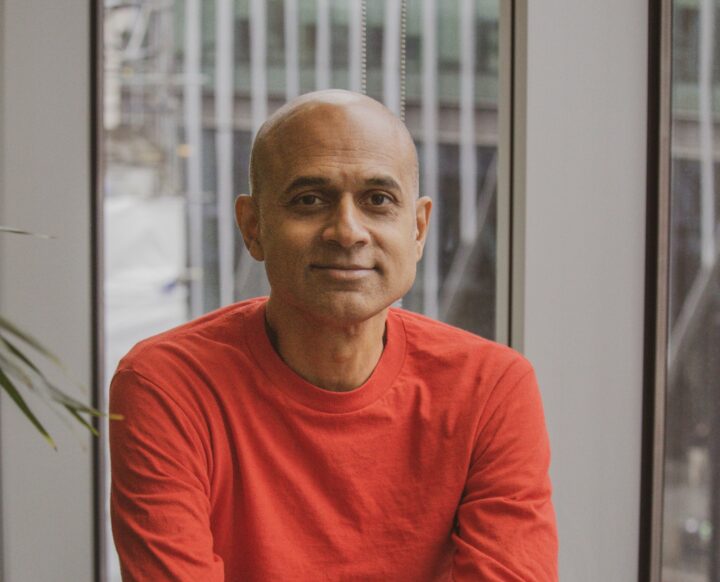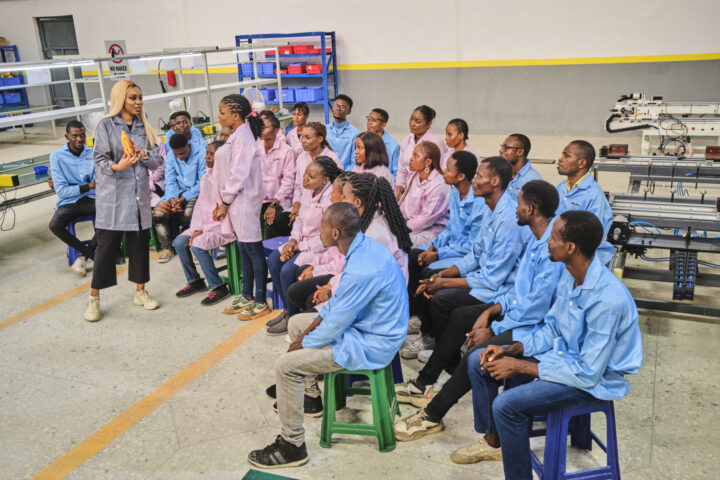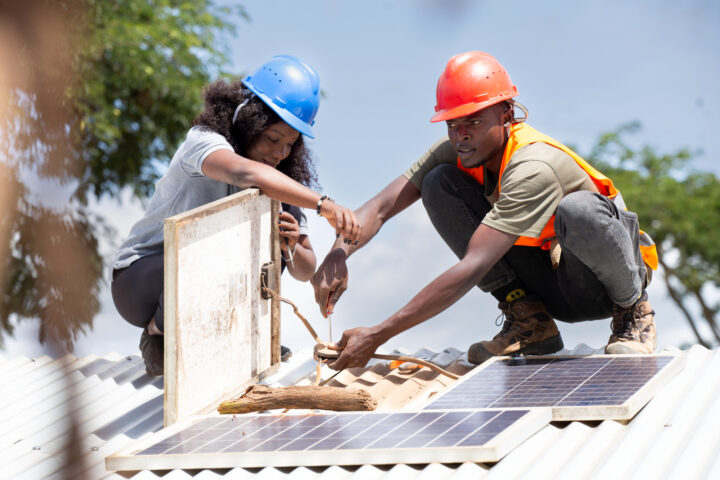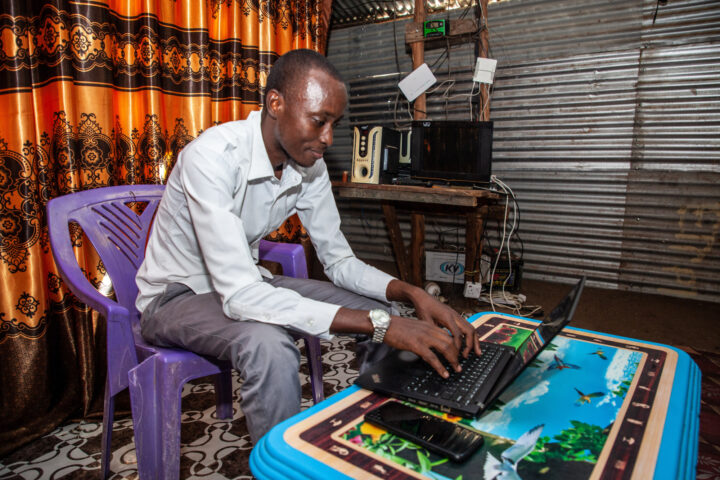COP cash must reach organisations on climate frontline
Call for COP29 negotiations to consider not-for-profits and small businesses to help deliver decarbonisation goals
By Dr. Ashok Sinha, CEO, Ashden Climate Solutions
Share
Last updated:

This year’s COP has become known as the ‘climate finance COP’ for a very obvious reason – the significant changes we desperately need just aren’t going to happen quickly enough or deeply enough, without finance. Having talked our way through 29 COPs, it’s time to pin down the money.
Many African countries are already calling for developed countries to jointly commit to USD 1.3 trillion per year by 2030 with an aggregate goal of USD 6.5 Trillion – in order for industrialising and less developed countries to mitigate and adapt to climate change. They need to become resilient to extreme weather and climate disturbances affecting food security, water supplies, health and life-supporting biodiversity – and for that they need a lot of money.
So watching the COP29 negotiations in person is going to be interesting – but my main reason for being here is to alert the influencers, policy makers and funders to the fact that there is a really vital and efficient way of spending whatever amount of money that’s decided on – by focusing on the people who are rarely at the COPs (and indeed are conspicuous by their absence). These small low-carbon innovators - often not-for-profits and businesses, deliver so much incredible environmental, social and economic impact on the ground, they must not be ignored.
Ashden has worked with 100s of organisations from the Global South over the past 25 years, all pursuing local clean energy innovation or protecting natural habitats, but few of them will be heard by the negotiators at COP29.

Speaking by WhatsApp to Sandra Chukwodozie, CEO of Salpha Energy in Nigeria and winner of the 2024 Ashden Award for Energy Innovation, she is clear that three things are needed: Firstly, targeted financing that’s affordable and accessible, such as local currency loans at low-interest rates. ‘Imagine if companies like Salpha Energy could expand into remote areas without the burden of currency risk; we could offer more affordable solar solutions.’
Secondly, she points out investment is needed to position Africa as an R&D and manufacturing hub for renewable tech - funding local innovation and production would reduce dependency on imports, create jobs, and help Africa lead in sustainable solutions. And lastly, she believes scaling up can be made possible by tying funds to tangible outcomes, as she’s seen with the World Bank’s Nigeria Rural Electrification Project.
So, I am here banging the drum for the amazing small-scale innovators that Ashden works with, like Salpha Energy, but also other clean energy and natural climate solutions projects across Africa, Asia and South America, to those doing the policy-making about how the climate finance will be spent once COP finishes. A common story from Ashden Award alumni and partners in the Global South is that they face huge barriers in securing the funding needed to start or scale up their work – both from local banks as well as climate-focused international funders.
One area of climate change which is consistently overlooked and urgently needs radical action is that of energy access in displacement settings.
It might appear a niche sector, but in reality, 120 million people live in refugee camps and settlements. Ongoing conflict and crises mean many people call these places home for decades. If they were the population of a single country, it would the 12th or 13th most populous country on earth, and we cannot afford to keep overlooking these people.
Energy poverty makes it difficult or impossible to earn a living, stay healthy, study, or connect with loved ones and the wider world. And it has an enormous impact on deforestation as the vast majority of people living in refugee camps and settlements rely on firewood or charcoal for cooking, which is polluting and unhealthy as well as scarce.

But small organisations like Patapia in Uganda, which offers refugees affordable loans specifically for buying clean energy products, are transforming refugees lives while providing clean cooking solutions that reduce reliance on polluting fuels or destructive burning practices. Or Kakuma Ventures in Kenya, which provide solar-generated WiFi to refugees – something that transforms how small businesses and households manage in the harsh camp environment.
We also need to find innovative mechanisms to ensure that grass roots actors like local NGOs and SMEs can access finance in the millions (and even hundreds of thousands) in order for them to deliver their work – this needs to be local currencies, in structures which offer technical assistance and other de-risking support.
With this approach, funders and development sector partners can spark transformative impact in vulnerable communities. And doing so will accelerate progress towards Sustainable Development Goal 7 – universal clean energy for all – and numerous other SDGs.
This may be the ‘climate finance COP’, and while the New Collective Quantified Goal must be ambitious, and governments and private finance must meet the overall commitment, COP29 is also an opportunity to call for action on getting this money into the hands of organisations who are actually delivering solutions to those whose lives and livelihoods are already being impacted by climate change.
I appeal to the negotiators to keep the small businesses front and centre in their minds. Collectively, they can make huge steps towards our decarbonisation goals, while bringing jobs and money to local communities. They are powerful. Their role is vital.

Further reading:
Share